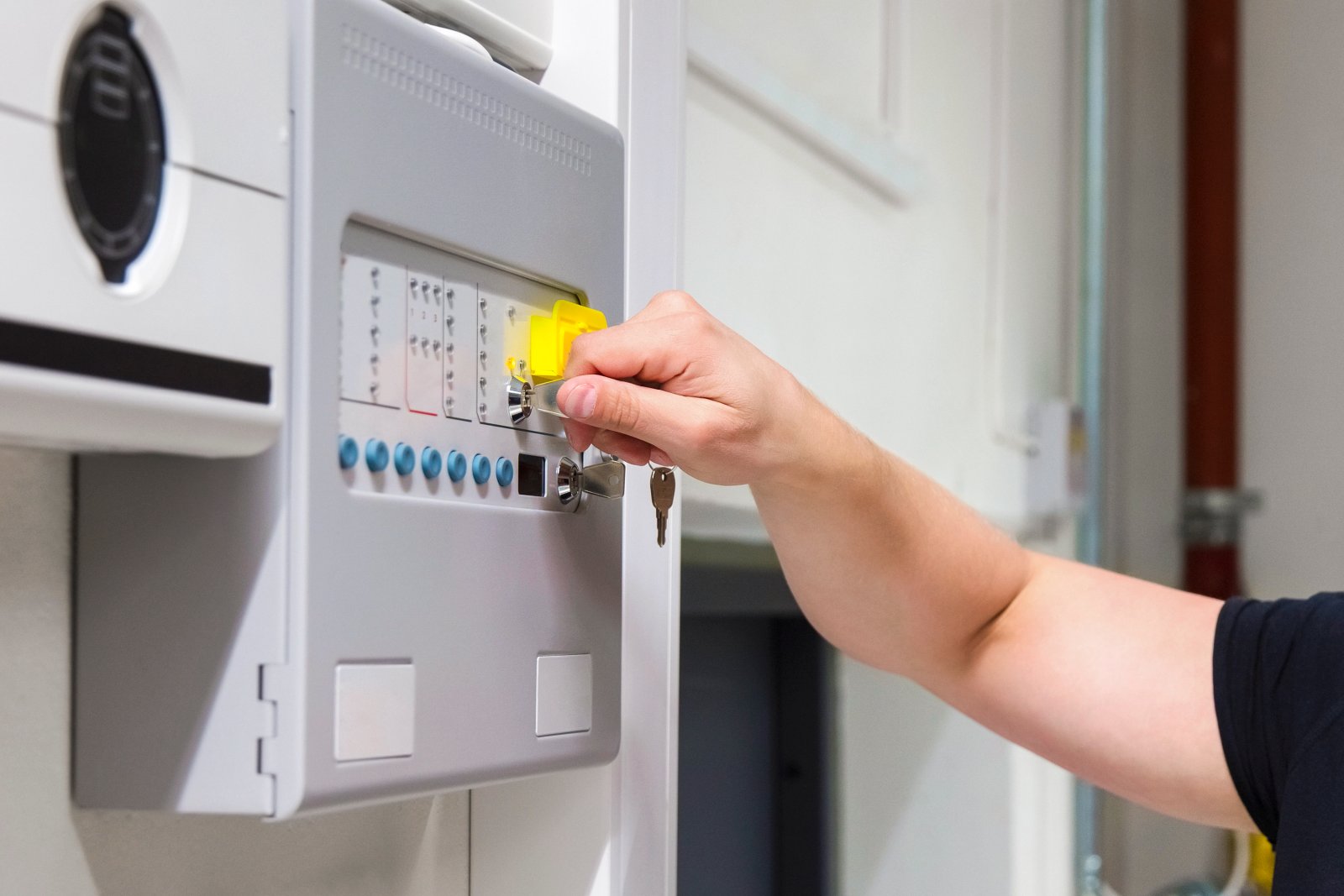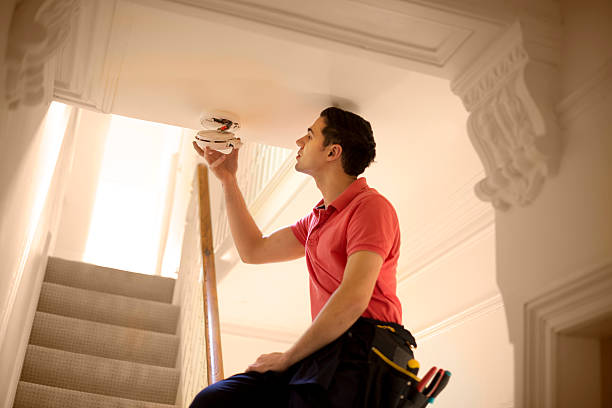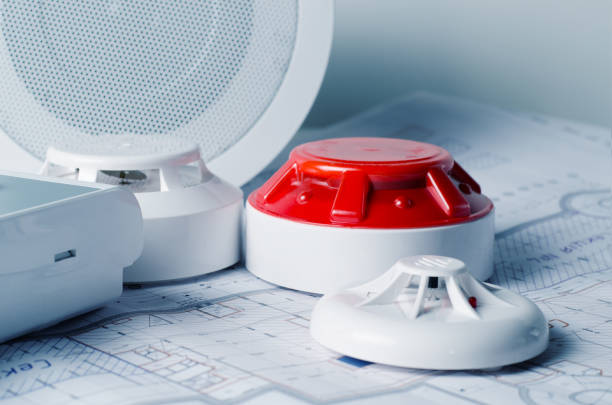Not all commercial premises are legally required to have a fire alarm, but most do. Factors like building size, occupancy, and fire risk influence the need for an alarm system. Small, open-plan shops with minimal fire hazards may not need a full system if they can detect a fire without one. However, most workplaces, especially those with multiple rooms or high occupancy, must have a compliant fire alarm system.
Commercial fire alarm systems must be tested regularly to ensure they function properly in emergencies. Fire safety regulations require that commercial fire alarms be tested weekly by the responsible person in the building to check for any faults.
Secure Your Property with Advanced Fire Alarm Systems in Bristol - Smoke Detector – Senses smoke and triggers the alarm
- Occupants – Individuals who need to respond to fire alarms
- Occupants – Individuals who need to respond to fire alarms
- Occupants – Individuals who need to respond to fire alarms
Additionally, a more thorough inspection by a qualified professional should be conducted every six months, with annual maintenance and servicing recommended to ensure compliance with local fire codes and insurance requirements. Routine testing helps prevent system failures, reduces false alarms, and ensures reliability when needed.


